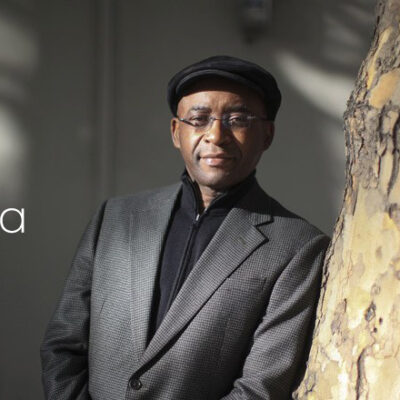
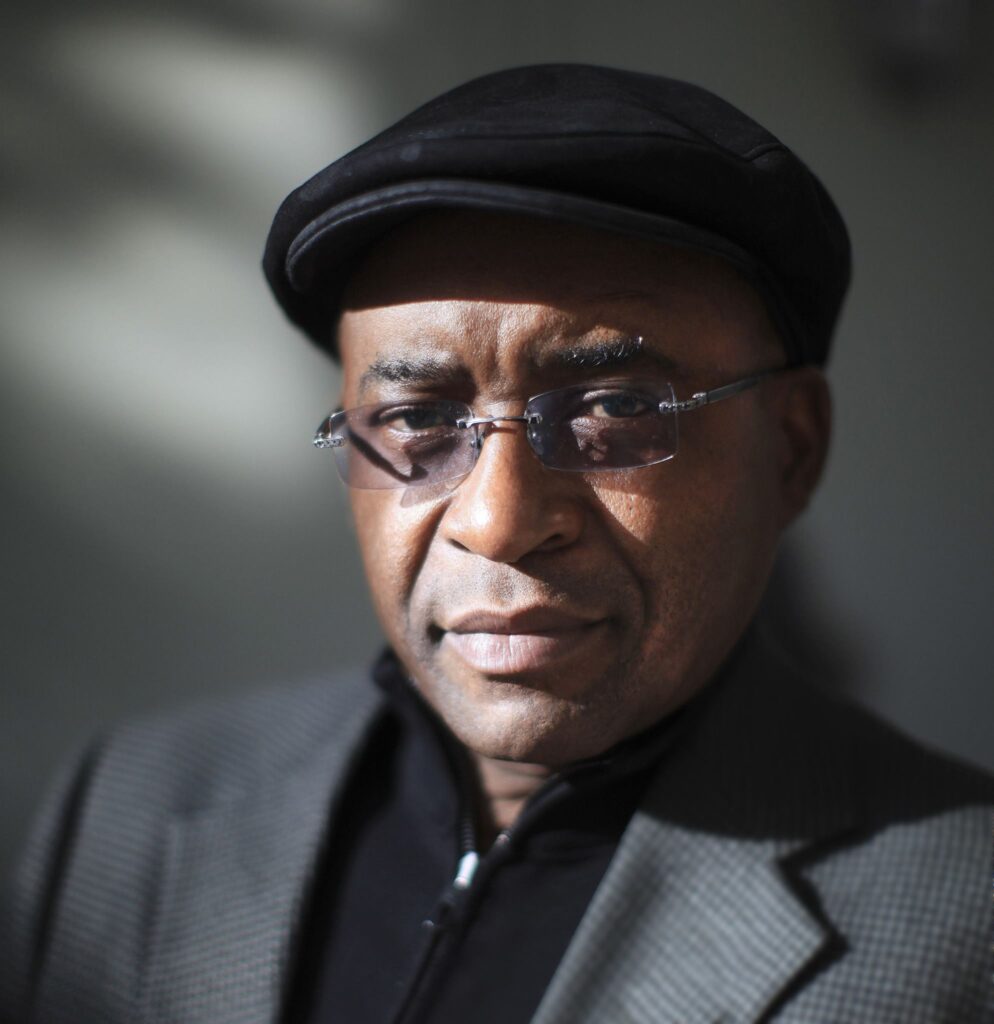
Netflix Adds Zimbabwean Telecom Mogul Strive Masiyiwa to Its Board
Tech giant Netflix has appointed Zimbabwean billionaire Strive Masiyiwa as the first ever African board member for the multi-billion dollar enterprise with a streaming gateway across the globe.
The move by Netflix founders and board follows last week’s announcement that Susan Rice left her board post in preparation to partake in the President-Elect, Joe Biden’s administration.
Masiyiwa is the founder of Econet Group which has operations and investments in 29 countries in Africa and beyond that includes Econet Wireless, Zimbabwe’s leading mobile operator; Liquid Telecom, the pan-African broadband company and its subsidiary Africa Data Centres, the fast-growing data centre company, which just raised $300 million from the US government’s development finance arm.
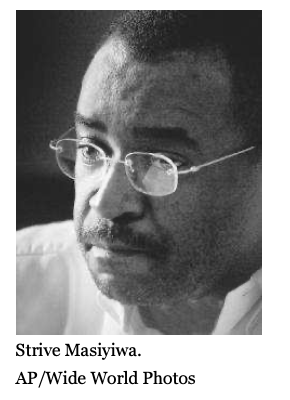
Strive Masiyiwa was born in 1961 in Zimbabwe, which was then called Rhodesia. When he was seven, his family fled the country as Ian Smith’s embattled government began to crumble. The family settled in Kitwe, a city in north central Zambia known for its copper mines. Masiyiwa’s mother was an entrepreneur with interests in retail sales, small-scale farming, and transportation. His father worked at first in one of the nearby mines but later joined the family business. By the time Masiyiwa was 12 years old, his parents could afford to provide him with a coveted European education. [S: Strive Masiyiwa 1961— Biography]
In a statement, Masiyiwa said he is keen to carry on with innovations within the Netflix board.
“Netflix is at the forefront of bringing great entertainment from anywhere in the world to everyone in the world, and I look forward to working with the board and all stakeholders to continue its traditions of innovation and growth,” said Strive Masiyiwa in the statement.
Netflix has been expanding its influence across Africa swiftly in the last year as it rolls out a haul of original African shows and movies led by talent and producers from South Africa and Nigeria. It has been trying to figure out ways to make its provisions more accessible and affordable mainly in most African countries where watching video over internet usage is sometimes discouraged by costs or poor quality.
Netflix co-founder and co-CEO Reed Hastings fully expressed gratitude to have Masiyiwa as the first African director in the board.
“We are delighted to welcome Strive to the Netflix board. His entrepreneurship and vision in building business across Africa and beyond will bring valuable insights and experience to our board as we work to improve and serve more members all around the world,” said Hastings.
In addition to serving as executive chairman of Econet, the London-based mogul Masiyiwa serves as a director for Unilever and is also a former board of the Rockefeller Foundation as well as chairman emeritus of the Alliance for a Green Revolution in Africa and African Union Special Envoy to the continents response to Covid-19.
Masiyiwa has gained international recognition for his business expertise and philanthropy whereby he is considered as one of Africa’s most generous humanitarians. Masiyiwa has also provided scholarships to over 250 000 young Africans over the past years through his family foundation. Zimbabwe also receives fiscal support from Masiyiwa such as in 2019 together with his wife they donated a total of US$10 million to fight against cholera disease.
In March 2000, Masiyiwa left Zimbabwe and moved to South Africa where he founded the Econet Wireless Group and his interest remained in telecoms and after more than ten years in South Africa that is when he moved to London. However one of Masiyiwa’s most successful ventures is the London-based privately held Liquid Telecom Group.
One will also have to remember the Kwese venture that the billionaire once pioneered in many African countries, powered by ROKU and other partners, sadly the project took its sudden fall. We do hope his influence in Netflix can mean more better fortunes for African creatives. Perhaps, Netflix Zimbabwe can be as real and an industry birth. We wish him all the best.
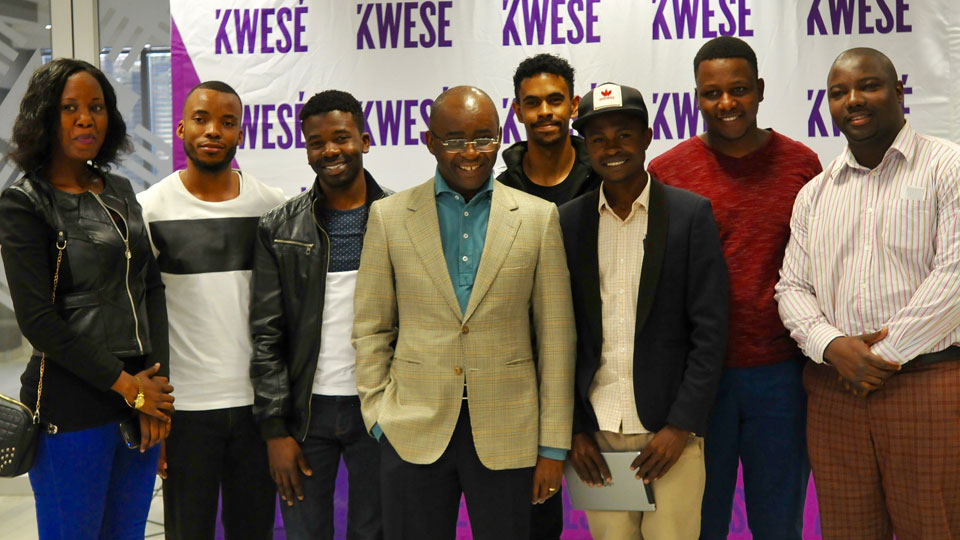
Masiyiwa recognized the great potential for wireless telephones in sub-Saharan Africa because the region had only two fixed-line telephones for every hundred people in the 1990s. He saw that wireless networks would be quicker and less expensive to build than land-based networks that required stringing miles of telephone lines across rough terrain. Wireless telephone service would also be less vulnerable than traditional landlines to the theft of copper wire for resale. Masiyiwa first approached ZPTC about forming a mobile telephone network in Zimbabwe. The company wasn’t interested, however, saying that cell phones had no future in the country. [S: Strive Masiyiwa 1961— Biography]

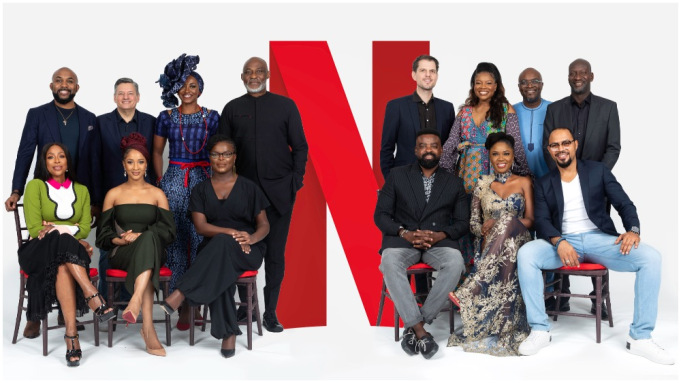

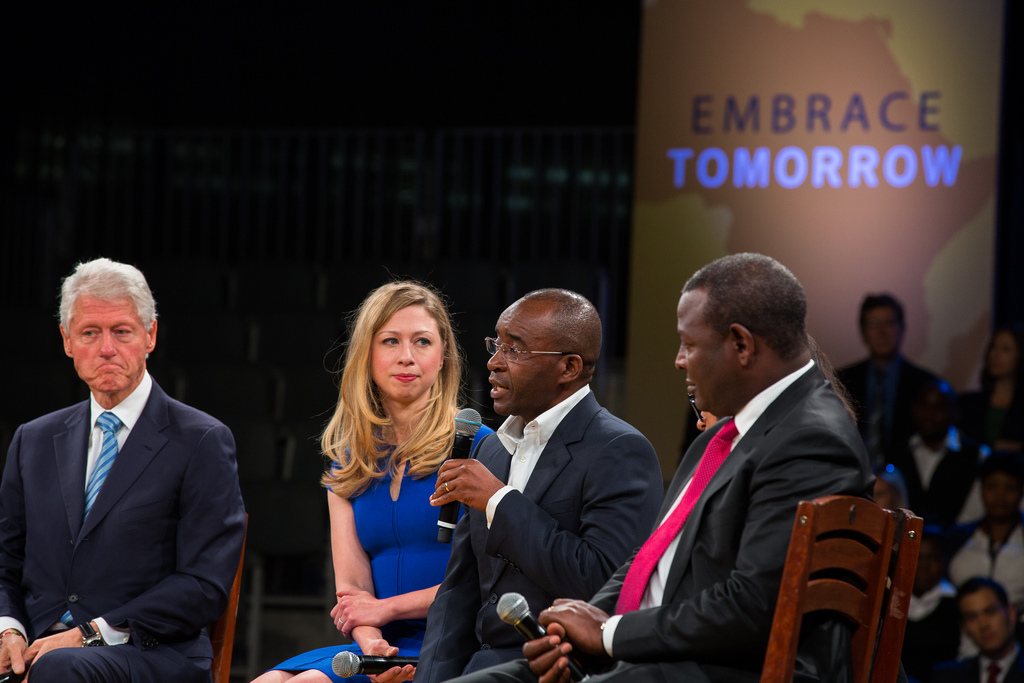
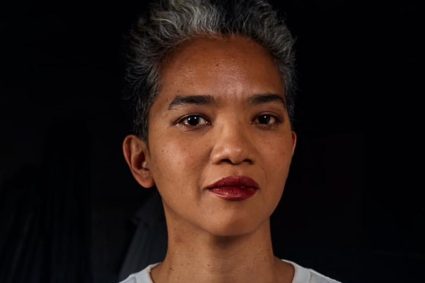


A well balanced content . Lovely indeed.